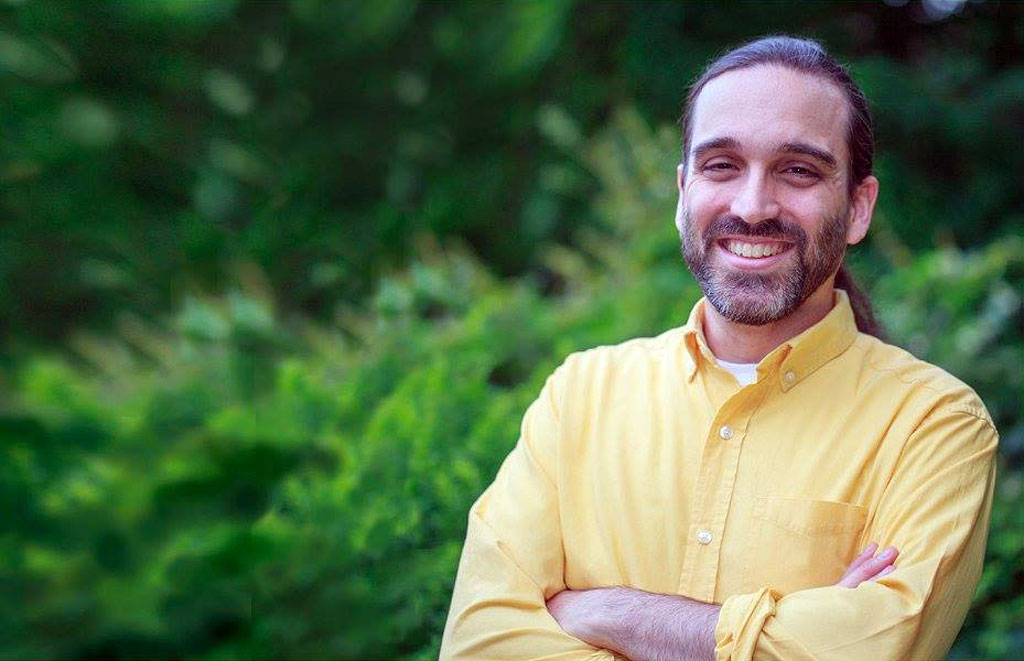David Weinstein for School Committee, 2019
Challenger running for committee for the third time

The candidate’s website | Facebook | LinkedIn
Endorsed by Our Revolution
Background: Teaching and education | Focuses: Universal pre-K, staffing
Q&A
School Committee candidates were asked by parent Piotr Mitros if they would be interviewed. Of the 11, three did not respond to emails; one declined; and one declined to have their interview recorded. We provided interview questions to the candidates a week before the interview to give time to prepare. Due to the length of the interviews, we have summarized answers, with links to audio for more depth.
Why run? Teams that get just two years together need to work together effectively to advance goals, and team members should have various strengths: Weinstein wants to provide his classroom experience. It can be important in implementing and evaluating policies.
![]()
One thing. A true commitment to expanding junior kindergarten to all 4-year-olds and expanding that to public preschool. [Note: All candidates seem to support universal pre-K, which needs funding by the City Council.]
![]()
Vision and direction. The new upper schools have made progress toward the goal of preparing students equally for ninth grade. (Weinstein defines “equally” to mean that with common standards in math, English-language arts and science, a ninth-grade teacher cannot tell which school a child came from.) The are still concerns about process, evaluation and world languages.
![]()
How much time could you devote? It’s important to be present at all meetings. He expects the committee to be a second full-time job, though not one that takes 40 hours every week; it’s important to structure it so people can have jobs. In his case, the other job is synergistic.
![]()
Cultural expectations at schools. We’ve moved too far away from the diversity of school cultures; while we should have standards around academic standards, schools shouldn’t be so homogenized. Controlled choice is a mechanism for maintaining that diversity. A dialogue that doesn’t treat priorities as zero-sum can help resolve these issues.
![]()
Academic diversity. Kids at all levels learn best in heterogeneous classrooms, when done right, and too few of our teachers are trained to handle one or supported in doing so. We can’t just eliminate tracked classes and say “Our work is done.” There are also times our district offers services and families aren’t aware of them.
![]()
Upper schools and math. Not everyone is unhappy with our Innovation Agenda upper schools, a change that was disruptive but is now largely in the past even though schools are still in some ways starting programs from scratch. Where there’s an issue such as falling short on some measures as has been seen recently at Putnam Avenue, there must be an all-hands-on-deck rapid reaction force.
![]()
Family engagement and family rights. The district should have an ombuds person so there is a potentially confidential families can go with issues to be directed to appropriate resources, and maybe to find an advocate. Weinstein has faced barriers as a native English speaker, former teacher and engaged parent, and knows it can be more difficult for families without those advantages. Schools should be transparent, and parent advocacy shouldn’t require confrontation.
![]()
Outcomes and testing. There is a tendency to teach to the test, but standardized tests do let us know if we’re underserving kids in a particular school or in particular demographics. That’s important – but it is problematic when tests drives everything in the classroom. Though some tests are mandated by the state, we should review regularly what assessments are administered in every class at every grade level looking for any that are redundant, unnecessary or counterproductive, and we should advocate for a better system than MCAS. We should ensure assessments, including the district’s data dashboard, are aligned to what we want to be achieving and where we need to improve.
![]()
Closing thoughts? The election puts together a team, and we want a range of skills, perspectives, and experiences. It needs to seek input from parents, students, teachers and outside experts and work collaboratively to move outside of zones of comfort and forward.


